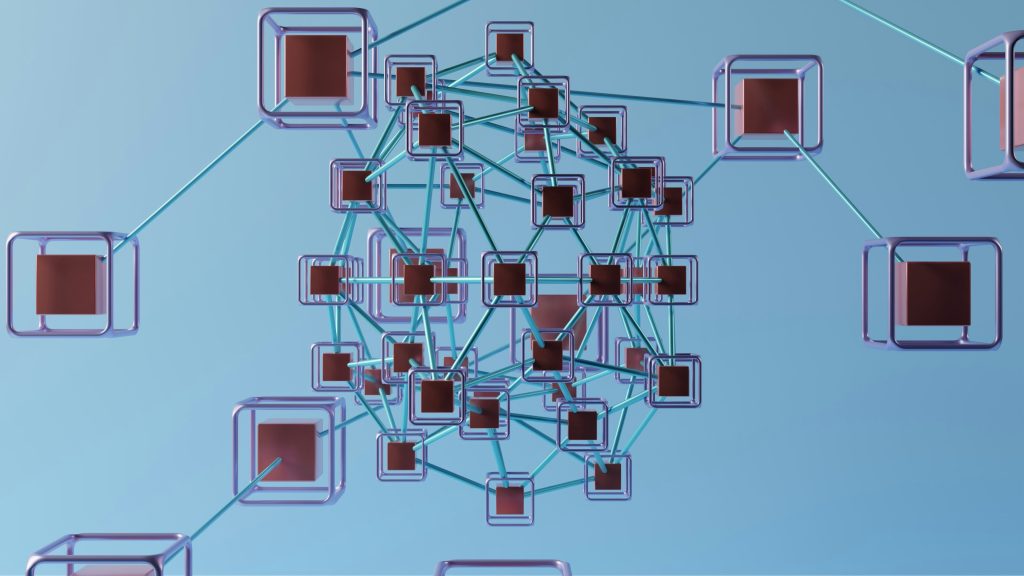Six Lesson From Weaving The NGFP Africa Network

In 2021, NGFP sought to build, support, and strengthen the African node of its Sensing Network after 68 visionary young Africans submitted ambitious future-alert applications for the NGFP Fellowship between 2018 and 2020. They later lent their collective voice to shape this new network.
Passy Amayo Ogolla, NGFP’s Africa Network Weaver and Advocacy Lead, weaved the community with support from Small Foundation, Omidyar Network and the Society for International Development’s Regional Office for Africa (SID Africa). These past four years have brought us six key lessons:
- The role of the network weaver in building collective power is critical, but often invisible. An impact network weaver creates a system that supports people, and builds connections and pathways for members to amplify their impact. It involves project management, resource mobilisation, stakeholder engagement, training of members in the weaving practice and more.
- Futures thinking is embedded in African cultures and traditions. While strategic foresight might be a nascent tool in the continent, the practice of thinking about and predicting the different paths of the future have been long embedded in cultures and traditions across Africa.
- Advocacy is needed to open doors and break barriers. Many doors, rooms and conversations remain closed to members of the network, as they remain held by those in power who look to the past, rather than the future. The Africa Network Weaver’s role now encompasses advocacy. “When people are talking about my future, our future, we should be able to take our place and have our voices heard. I’m young, I’m female, I’m African, I should be part of shaping my future and the future of my children,” says Passy, “Our members have been empowered and now have the audacity to say we have a right to be able to be at these tables, these forums, these spaces, and say this is what we want, because we will be the ones implementing it.”
- Weaving impact networks creates a valuable platform for African youth to access a wide range of resources and support. African youth face unique challenges and opportunities in their pursuit of success and development. Networking facilitates the identification of relevant potential partners, sponsors, investors, collaborators and clients to support their work. Weaving impact networks enables them to access resources, knowledge, mentorship, and opportunities that can empower their communities, foster innovation, and drive sustainable growth.
- Networking is a vehicle for knowledge sharing, capacity building, opportunities and collaborations among African youth. Collective projects and knowledge exchange with diverse individuals, organisations and each other enabled professional growth, representation of African youth voices at global stages, and the formation of new ventures. “We’ve seen people developing their projects into companies or NGOs and they’ll reach out to their network members to ask them to join their founding board, to help them strategise, to work together,” says Passy
- Impact networking empowers African youth by fostering a sense of collective action and solidarity. By building alliances and coalitions, they can mobilise resources, initiate social movements, and advocate for policies that promote social justice, inclusivity, and sustainable development.
The NGFP practice has evolved since 2018. The fellows and members of the Sensing Network have access to global foresight training, and they are not just connecting on the regional level, but on the global level too. Members have a global insight that they can apply to local issues.
The Africa Network is now 250 members strong, representing diverse backgrounds and expertise. They can work with and help their governments, the African Union, and other conversations and organisations that see the potential they bring.
“I weave these members to connect and collaborate, so that they can influence those forums, ensuring that we still have that regional knowledge. There’s a great opportunity, but we must seize that future for ourselves,” Passy says.